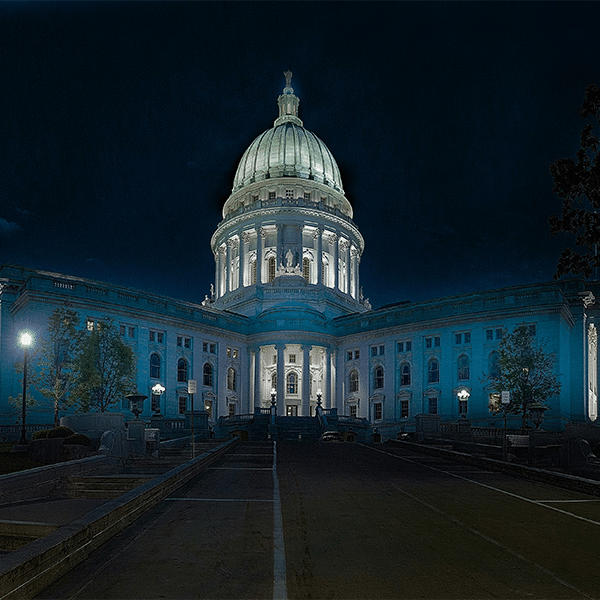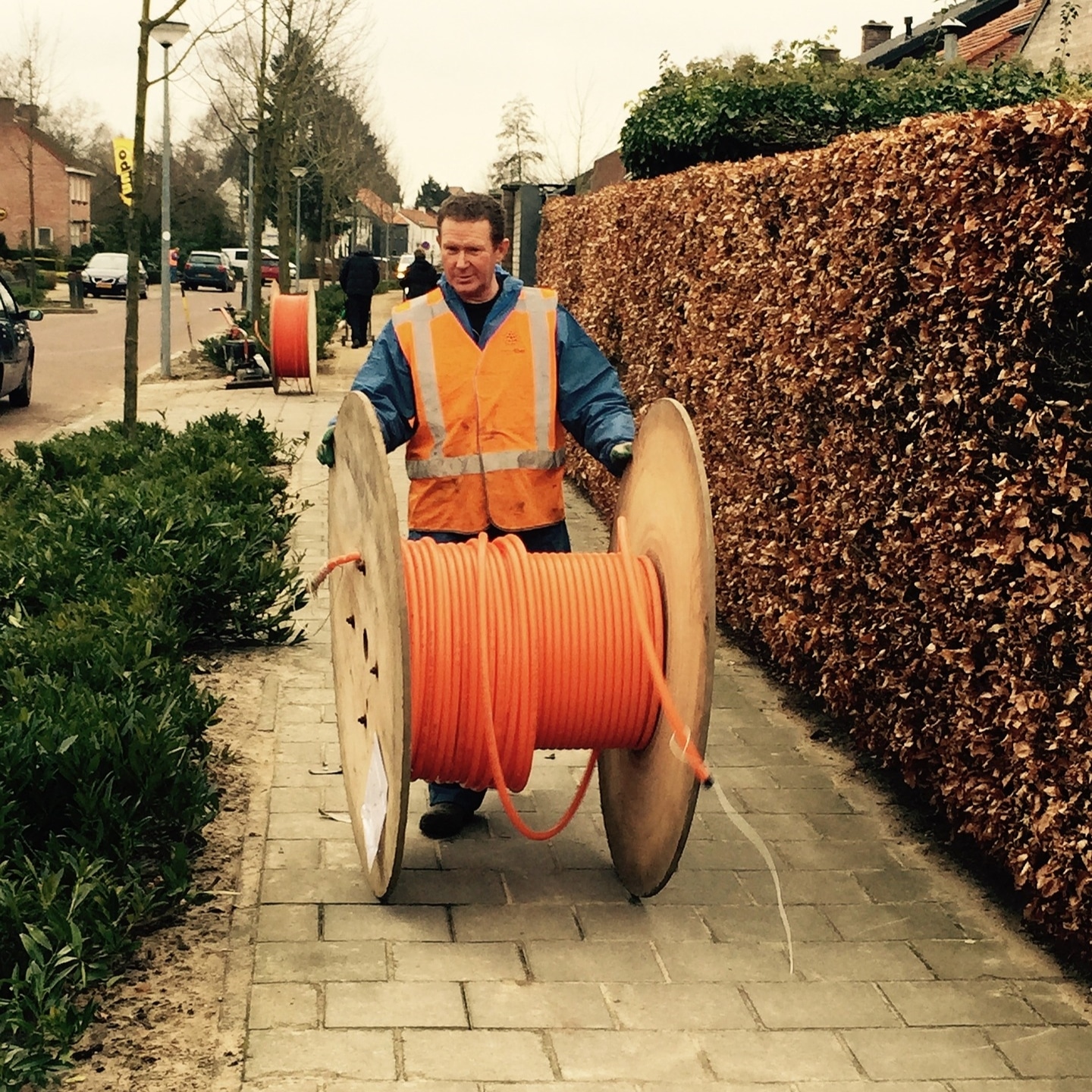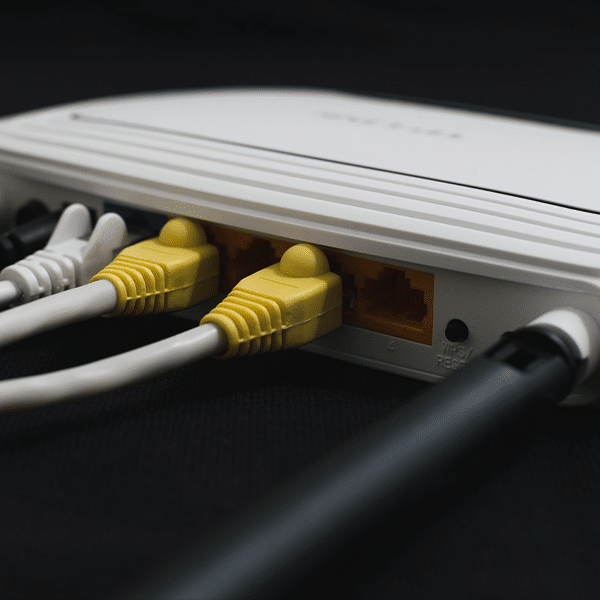In their Q3 report, Transaction Network Services (TNS) found, perhaps unsurprisingly, that politically related material content dominated robocalls during October.
It’s also unsurprising that five of the “swing states” — those that are expected to decide the presidential election — got the greatest number of political robocalls. They were Wisconsin (1,779,510 robocalls), Arizona (1,522,801 robocalls), Pennsylvania (1,247,202 robocalls), Michigan (1,133,217 robocalls), and Georgia (934,489 robocalls).
The swing states also were targeted with political spam. The “Third Quarter Robocall Investigation Report” found that more than 60% of spam targeted Arizona, Minnesota (which was once thought to be “in play”), North Carolina, Pennsylvania, and Wisconsin.
TNS found that scams included fake voter registration, phony fundraising donation requests, and inaccurate claims that it’s possible to vote over the phone.
The TNS disinformation survey found that 70% of Americans are concerned that artificial intelligence (AI) deepfakes will influence the election, and 77% want policymakers and regulators to educate Americans on the risks of political AI deep fakes and how people can identify a robocall.
The robocalls attempted to take advantage of dramatic events during the campaign. TNS noted a doubling of unwanted calls and illegitimate activity related to the beginning of the traditional election season after Labor Day, the debates between Donald Trump and Joe Biden and between Trump and Kamala Harris, the Republican and Democratic conventions, and the Trump assassination attempt in September.
TNS monitors more than 1.5 billion daily call events across hundreds of networks. It has tracked political robocall activity for every presidential and midterm election since 2018.
Despite the focus on the election, at least some progress in the drive to curb robocall seems to have been made. YouMail reported in early October that there were almost 4.5 billion such robocalls made in September. That was the first month of the year in which there was an increase compared to the corresponding month of 2023.



